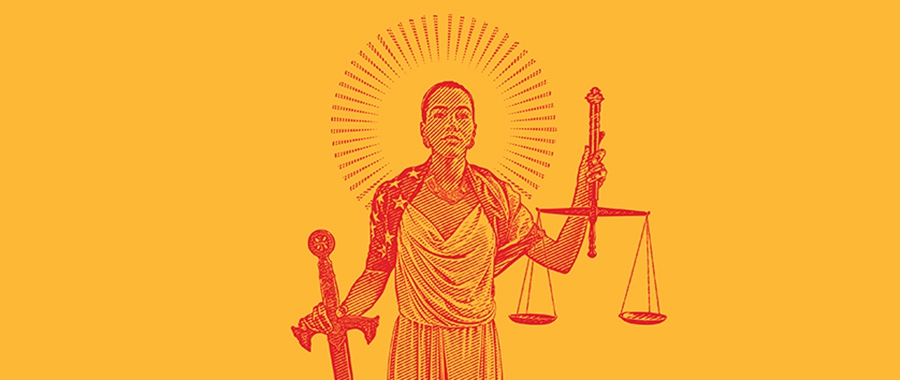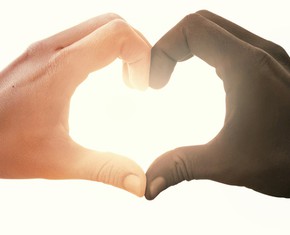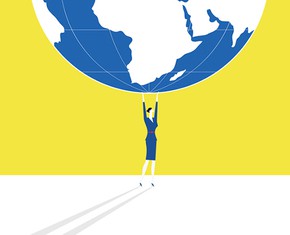The views expressed in our content reflect individual perspectives and do not represent the authoritative views of the Baha'i Faith.
Our world is currently far from just, and the daily pain for many has become unbearable.
The kind of optimistic, spiritual vision described in the previous two essays in this series may seem idealistic, because right now it’s not what most people perceive. The media focuses on the symptoms of racial conflict, but there are deeper processes at play.
Only a quest for justice can awaken our spiritual perception. Consider this admonition to those with power and privilege from Baha’u’llah, the prophet and founder of the Baha’i Faith:
O kings of the earth! We see you increasing every year your expenditures, and laying the burden thereof on your subjects. This, verily, is wholly and grossly unjust. Fear the sighs and tears of this wronged One, and lay not excessive burdens on your peoples. Do not rob them to rear palaces for yourselves; nay rather choose for them that which ye choose for yourselves. Thus We unfold to your eyes that which profiteth you, if ye but perceive. Your people are your treasures. – Baha’u’llah, Gleanings from the Writings of Baha’u’llah. p. 253.
In this passage, an unjustly imprisoned Baha’u’llah called himself “the wronged One” and used his own sighs and tears as symbols of the burdens laden on the oppressed peoples of the world. He called us to perceive what is unfolded to our eyes—to experience the feeling of injustice with others, for each of us.
We are one. Pain caused to one part impacts the rest of the body. A commitment to justice may foster a renewed perception of this spiritual reality, as we feel sensation from the suffering of others, who we regard as separate and strangers, within our own selves.
Research shows that feeling is not merely an internal, subjective, and personal experience, but rather it is transmissible—we can feel each other’s feelings. A researcher from this 2015 study out of McGill University, discusses findings that participants experienced more pain in the company of a friend also in pain:
It would seem like more pain in the presence of a friend would be bad news, but it’s in fact a sign that there is strong empathy between individuals—they are indeed feeling each other’s pain … These findings raise many fascinating questions because we know failures in empathy are central to various psychological disorders and even social conflicts at both the personal and societal level.
Justice may gift us with a perception of human unity, in the same way that eyes help us to perceive light, and ears, sound. Those sensory structures channel the flow of energy—light and sound—so we can see and hear. Considered this way, justice is not a political matter—it is primarily a spiritual matter concerned with the nature of human reality.
















Comments
Sign in or create an account
Continue with Googleor